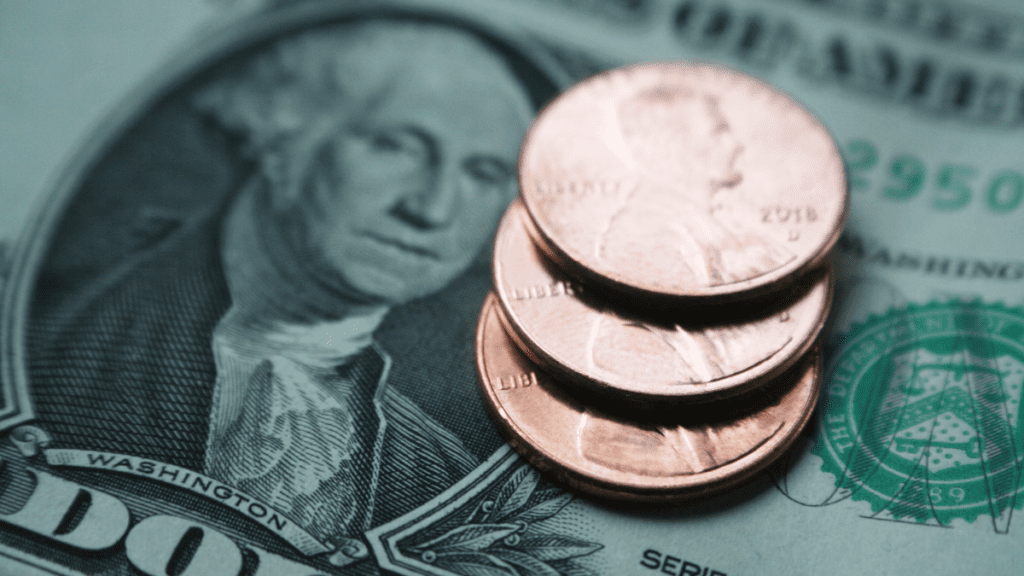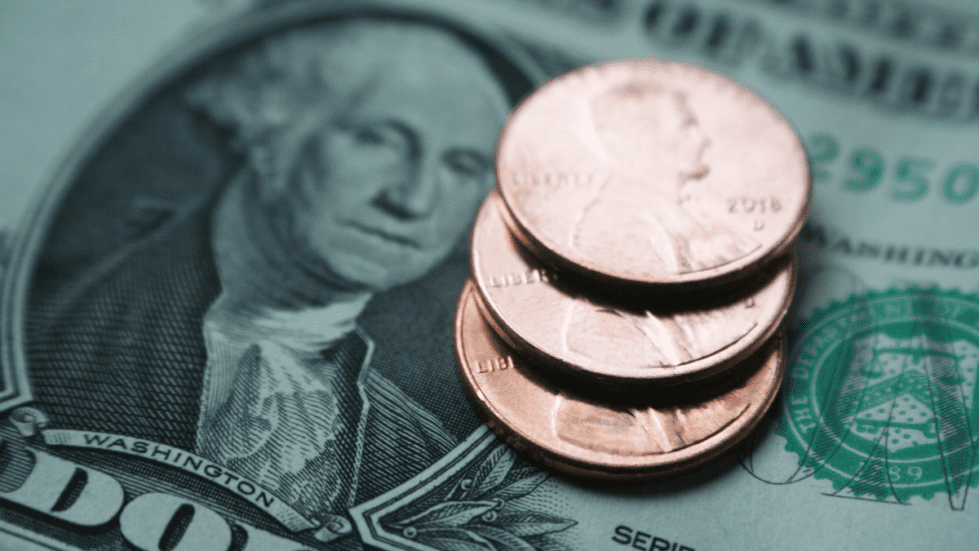

(Getty Images)
Delaware’s minimum wage earners will get a 12% raise in the new year.
The state’s lowest legal salary for most industries is set to increase on Jan. 1 from $10.50 to $11.75 per hour.
The wage hike is the second in a four-part incremental increase that will reach $15 per hour by 2025.
Last year, the minimum wage went from $9.25 to $10.50. On Jan. 1, 2024, the minimum wage will be increased to $13.25 before maxing out at $15 in 2025.
The following are exempted from the wage hike:
- Employees in agriculture
- Employees in domestic service in or about private homes
- Employees of the United States Government
- Outside commission-paid salespeople
- Bona fide executives, administrators, and professionals
- Employees engaged in fishing and fish processing at sea
- Volunteer workers for educational, religious or non-profit organizations
- Junior camp counselors employed by non-profit summer camp programs
- Inmates participating in Department of Correction programs
The minimum wage for employees who receive tips remains $2.23 per hour.
While those due for a pay bump are celebrating, others are not.
Many small business owners and industry leaders say the increase comes at a time when small businesses are struggling to make ends meet in the wake of record inflation, supply chain disruptions and employee shortages.
“Minimum wage increasing on Jan. 1 is complicated for businesses,” said Julie Miro Wenger, executive director of the Delaware Food Industry Council, which represents food retailers, wholesalers and their suppliers in the First State.
Miro Wenger said inflation, supply chain issues, labor shortages and higher commodity prices are making it a difficult time to be an employer.
“Employers have raised wages above minimum wage and many are offering bonuses, flexible hours and more benefits,” she said. “Every sector of industry seems to be facing a labor crunch with 4.4% unemployment.”
Bob Older, president of the Delaware Small Business Chamber, called the minimum wage hike “a joke.”
“Not only were all these increases during COVID hurting business in general, but prices have also increased so much that these extra wages aren’t even helping,” Older said. “We all knew this would happen. Prices have just gone up to nullify any pay increases.”
The federal minimum wage, which hasn’t changed since 2009, stands at $7.50 per hour — nearly three times less than it would be if it kept pace with inflation and productivity growth, according to the Center for Economic and Policy Research.
“While the national minimum wage did rise roughly in step with productivity growth from its inception in 1938 until 1968, in the more than five decades since then, it has not even kept pace with inflation,” the Center wrote in a recent blog post. “However, if the minimum wage did rise in step with productivity growth since 1968 it would be almost $21.50 an hour today.”
But looking to Delaware as an example, Older said the promised benefits of an increased wage haven’t panned out.
“Even with higher wages, employers can’t find quality employees,” Older said. “The people making these decisions are in a vacuum and don’t understand true small business. They need to start asking the right questions and listening to all of us who are small business leaders and advocates.”
Miro Wenger summed it up: ” It is a better time to be an employee than an employer right now.”
According to the National Conference of State Legislators, 30 states and Washington D.C. have minimum wages above the federal minimum wage of $7.25 per hour.
Five states have not adopted a state minimum wage: Alabama, Louisiana, Mississippi, South Carolina and Tennessee.
Two states, Georgia and Wyoming, have a minimum wage below $7.25 per hour. In all seven of these states, the federal minimum wage of $7.25 per hour applies.


Charlie Megginson covers government and politics for Delaware LIVE News. Reach him at (302) 344-8293 or [email protected]. Follow him on Twitter @cmegginson4.
Share this Post


